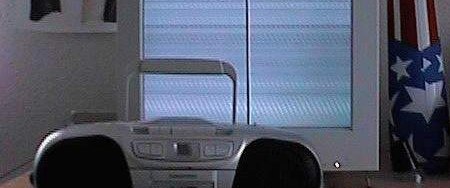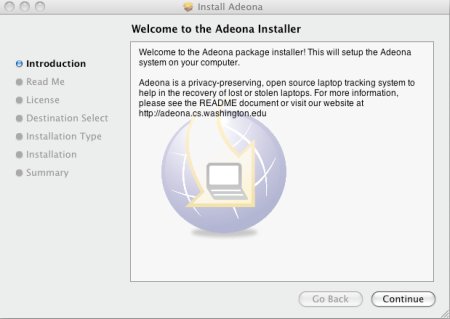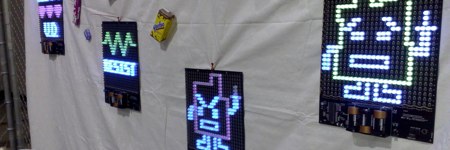TEMPEST is the covername used by the NSA and other agencies to talk about emissions from computing machinery that can divulge what the equipment is processing. We’ve covered a few projects in the past that specifically intercept EM radiation. TEMPEST for Eliza can transmit via AM using a CRT monitor, and just last Fall a group showed how to monitor USB keyboards remotely. Through the Freedom of Information Act, an interesting article from 1972 has been released. TEMPEST: A Signal Problem (PDF link dead, try Internet Archive version) covers the early history of how this phenomenon was discovered. Uncovered by Bell Labs in WWII, it affected a piece of encryption gear they were supplying to the military. The plaintext could be read over that air and also by monitoring spikes on the powerlines. Their new, heavily shielded and line filtered version of the device was rejected by the military who simply told commanders to monitor a 100 feet around their post to prevent eavesdropping. It’s an interesting read and also covers acoustic monitoring. This is just the US history of TEMPEST though, but from the anecdotes it sounds like their enemies were not just keeping pace but were also better informed.
[via Schneier]














